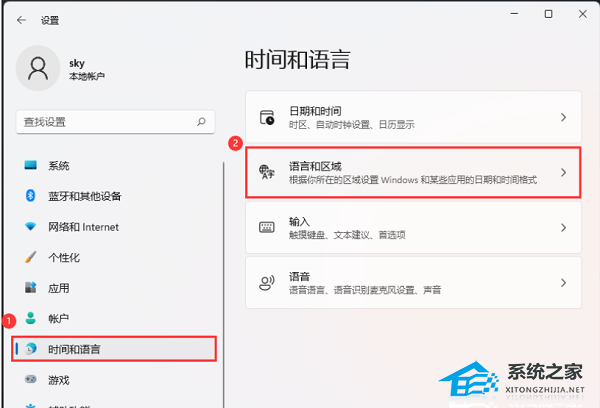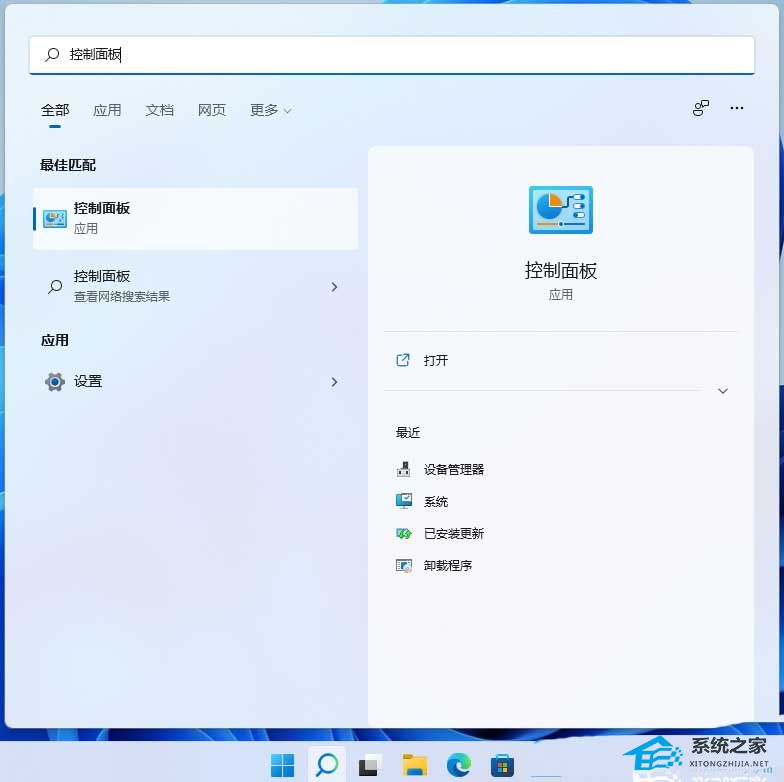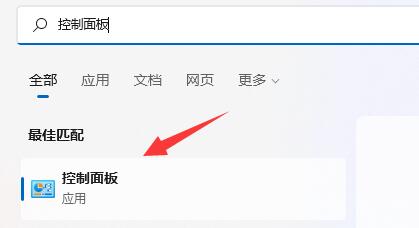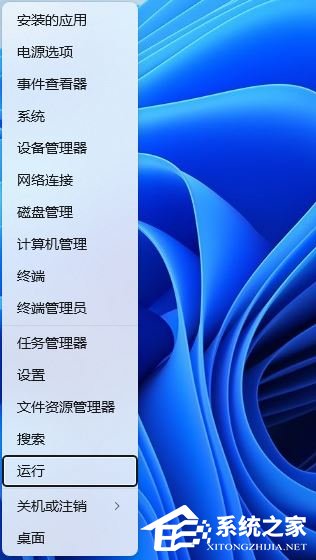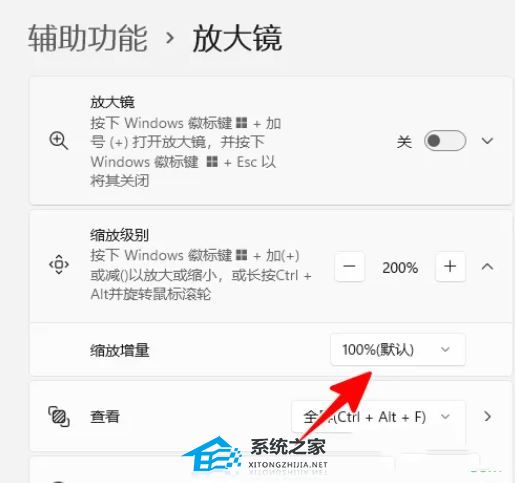 编写你的脚本文件
这里我们编写一个名字为 test_run.php 的文件,文件的内容如下:
Here is some plain text.
Here is the file name:
《?php
echo $argv[0], PHP_EOL;
?》
脚本内容很简单,就是把当前脚本文件的名称打印出来。
然后,我们使用 PHP 命令执行一下这个脚本:
yuanyu@ymac:phpworkspace $ php test_run.php hello
Here is some plain text.
Here is the file name:
test_run.php
yuanyu@ymac:phpworkspace $
给脚本文件增加头信息,并且设置权限
然后,在这个文件的第一行写上 php 命令的全路径,前面是一个 #!:
#!/usr/bin/php
Here is some plain text.
Here is the file name:
《?php
echo $argv[0], PHP_EOL;
?》
然后给这个文件赋予可执行的权限:
yuanyu@ymac:phpworkspace $ chmod u+x 。/test_run.php
接下来就可以直接执行这个脚本了:
yuanyu@ymac:phpworkspace $ 。/test_run.php
Here is some plain text.
Here is the file name:
。/test_run.php
yuanyu@ymac:phpworkspace $
这种方式在 PHP 官方文档中也是有说的,请参考:
https://php.net/manual/en/features.commandline.usage.php
文档中的
“Example #2 Script intended to be run from command line (script.php)”
以上就是Unix/Linux中直接执行PHP脚本文件的操作方法,不熟悉的用户可以参照上面介绍的具体步骤来操作。
编写你的脚本文件
这里我们编写一个名字为 test_run.php 的文件,文件的内容如下:
Here is some plain text.
Here is the file name:
《?php
echo $argv[0], PHP_EOL;
?》
脚本内容很简单,就是把当前脚本文件的名称打印出来。
然后,我们使用 PHP 命令执行一下这个脚本:
yuanyu@ymac:phpworkspace $ php test_run.php hello
Here is some plain text.
Here is the file name:
test_run.php
yuanyu@ymac:phpworkspace $
给脚本文件增加头信息,并且设置权限
然后,在这个文件的第一行写上 php 命令的全路径,前面是一个 #!:
#!/usr/bin/php
Here is some plain text.
Here is the file name:
《?php
echo $argv[0], PHP_EOL;
?》
然后给这个文件赋予可执行的权限:
yuanyu@ymac:phpworkspace $ chmod u+x 。/test_run.php
接下来就可以直接执行这个脚本了:
yuanyu@ymac:phpworkspace $ 。/test_run.php
Here is some plain text.
Here is the file name:
。/test_run.php
yuanyu@ymac:phpworkspace $
这种方式在 PHP 官方文档中也是有说的,请参考:
https://php.net/manual/en/features.commandline.usage.php
文档中的
“Example #2 Script intended to be run from command line (script.php)”
以上就是Unix/Linux中直接执行PHP脚本文件的操作方法,不熟悉的用户可以参照上面介绍的具体步骤来操作。
使用Linux系统的服务器都有搭建完整的PHP环境,因此有些用户会用PHP去写一些执行自动化任务的脚本,可是发现每次执行PHP脚本都需要使用php myscript.php的方式,感觉有点麻烦。其实我们是可以直接执行PHP脚本文件的,但是具体该怎么操作呢?下面小编就给大家介绍下Unix/Linux中如何直接执行PHP脚本文件。
 编写你的脚本文件
这里我们编写一个名字为 test_run.php 的文件,文件的内容如下:
Here is some plain text.
Here is the file name:
《?php
echo $argv[0], PHP_EOL;
?》
脚本内容很简单,就是把当前脚本文件的名称打印出来。
然后,我们使用 PHP 命令执行一下这个脚本:
yuanyu@ymac:phpworkspace $ php test_run.php hello
Here is some plain text.
Here is the file name:
test_run.php
yuanyu@ymac:phpworkspace $
给脚本文件增加头信息,并且设置权限
然后,在这个文件的第一行写上 php 命令的全路径,前面是一个 #!:
#!/usr/bin/php
Here is some plain text.
Here is the file name:
《?php
echo $argv[0], PHP_EOL;
?》
然后给这个文件赋予可执行的权限:
yuanyu@ymac:phpworkspace $ chmod u+x 。/test_run.php
接下来就可以直接执行这个脚本了:
yuanyu@ymac:phpworkspace $ 。/test_run.php
Here is some plain text.
Here is the file name:
。/test_run.php
yuanyu@ymac:phpworkspace $
这种方式在 PHP 官方文档中也是有说的,请参考:
https://php.net/manual/en/features.commandline.usage.php
文档中的
“Example #2 Script intended to be run from command line (script.php)”
以上就是Unix/Linux中直接执行PHP脚本文件的操作方法,不熟悉的用户可以参照上面介绍的具体步骤来操作。
编写你的脚本文件
这里我们编写一个名字为 test_run.php 的文件,文件的内容如下:
Here is some plain text.
Here is the file name:
《?php
echo $argv[0], PHP_EOL;
?》
脚本内容很简单,就是把当前脚本文件的名称打印出来。
然后,我们使用 PHP 命令执行一下这个脚本:
yuanyu@ymac:phpworkspace $ php test_run.php hello
Here is some plain text.
Here is the file name:
test_run.php
yuanyu@ymac:phpworkspace $
给脚本文件增加头信息,并且设置权限
然后,在这个文件的第一行写上 php 命令的全路径,前面是一个 #!:
#!/usr/bin/php
Here is some plain text.
Here is the file name:
《?php
echo $argv[0], PHP_EOL;
?》
然后给这个文件赋予可执行的权限:
yuanyu@ymac:phpworkspace $ chmod u+x 。/test_run.php
接下来就可以直接执行这个脚本了:
yuanyu@ymac:phpworkspace $ 。/test_run.php
Here is some plain text.
Here is the file name:
。/test_run.php
yuanyu@ymac:phpworkspace $
这种方式在 PHP 官方文档中也是有说的,请参考:
https://php.net/manual/en/features.commandline.usage.php
文档中的
“Example #2 Script intended to be run from command line (script.php)”
以上就是Unix/Linux中直接执行PHP脚本文件的操作方法,不熟悉的用户可以参照上面介绍的具体步骤来操作。
 编写你的脚本文件
这里我们编写一个名字为 test_run.php 的文件,文件的内容如下:
Here is some plain text.
Here is the file name:
《?php
echo $argv[0], PHP_EOL;
?》
脚本内容很简单,就是把当前脚本文件的名称打印出来。
然后,我们使用 PHP 命令执行一下这个脚本:
yuanyu@ymac:phpworkspace $ php test_run.php hello
Here is some plain text.
Here is the file name:
test_run.php
yuanyu@ymac:phpworkspace $
给脚本文件增加头信息,并且设置权限
然后,在这个文件的第一行写上 php 命令的全路径,前面是一个 #!:
#!/usr/bin/php
Here is some plain text.
Here is the file name:
《?php
echo $argv[0], PHP_EOL;
?》
然后给这个文件赋予可执行的权限:
yuanyu@ymac:phpworkspace $ chmod u+x 。/test_run.php
接下来就可以直接执行这个脚本了:
yuanyu@ymac:phpworkspace $ 。/test_run.php
Here is some plain text.
Here is the file name:
。/test_run.php
yuanyu@ymac:phpworkspace $
这种方式在 PHP 官方文档中也是有说的,请参考:
https://php.net/manual/en/features.commandline.usage.php
文档中的
“Example #2 Script intended to be run from command line (script.php)”
以上就是Unix/Linux中直接执行PHP脚本文件的操作方法,不熟悉的用户可以参照上面介绍的具体步骤来操作。
编写你的脚本文件
这里我们编写一个名字为 test_run.php 的文件,文件的内容如下:
Here is some plain text.
Here is the file name:
《?php
echo $argv[0], PHP_EOL;
?》
脚本内容很简单,就是把当前脚本文件的名称打印出来。
然后,我们使用 PHP 命令执行一下这个脚本:
yuanyu@ymac:phpworkspace $ php test_run.php hello
Here is some plain text.
Here is the file name:
test_run.php
yuanyu@ymac:phpworkspace $
给脚本文件增加头信息,并且设置权限
然后,在这个文件的第一行写上 php 命令的全路径,前面是一个 #!:
#!/usr/bin/php
Here is some plain text.
Here is the file name:
《?php
echo $argv[0], PHP_EOL;
?》
然后给这个文件赋予可执行的权限:
yuanyu@ymac:phpworkspace $ chmod u+x 。/test_run.php
接下来就可以直接执行这个脚本了:
yuanyu@ymac:phpworkspace $ 。/test_run.php
Here is some plain text.
Here is the file name:
。/test_run.php
yuanyu@ymac:phpworkspace $
这种方式在 PHP 官方文档中也是有说的,请参考:
https://php.net/manual/en/features.commandline.usage.php
文档中的
“Example #2 Script intended to be run from command line (script.php)”
以上就是Unix/Linux中直接执行PHP脚本文件的操作方法,不熟悉的用户可以参照上面介绍的具体步骤来操作。
1、如非特殊说明,本站对提供的源码不拥有任何权利,其版权归原著者拥有。
2、本网站所有源码和软件均为作者提供和网友推荐收集整理而来,仅供学习和研究使用。
3、如有侵犯你版权的,请来信(邮箱:123456@qq.com)指出,核实后,本站将立即改正。





